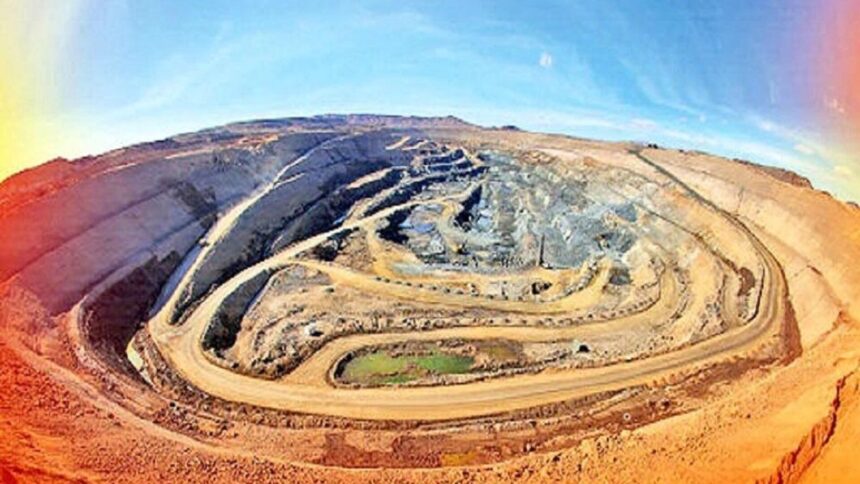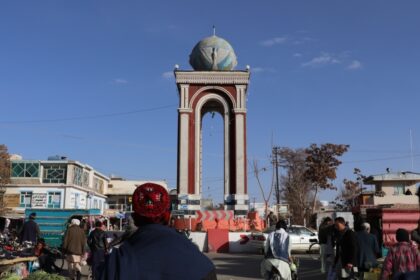RASC News Agency: The Taliban has once again come under fire for prioritizing foreign corporate interests over the well-being of Afghanistan’s citizens. This time, the controversy surrounds the Chinese-run copper mining project in the Mes Aynak region of Logar province. Locals have raised alarm over the significant social and environmental consequences of this extraction effort, which many see as part of a broader pattern of exploitation enabled by an unaccountable regime. According to reports received by the RASC News Agency, villagers in Logar have accused the Taliban of forcibly displacing dozens of local families to pave the way for Chinese industrial operations. A tribal elder from the area, speaking on condition of anonymity for fear of Taliban retaliation, stated: “Our lands have been seized, and families have been evicted without any compensation. The Taliban didn’t consult us they only serve their Chinese patrons.”
The Mes Aynak site named after the Persian word for copper, mes contains one of the largest untapped copper deposits in the world. But it is also home to a rich array of Buddhist archaeological remains, some dating back over two millennia. Experts warn that ongoing mining activities not only threaten the local population but also risk irreparable damage to Afghanistan’s ancient cultural heritage. Meanwhile, Taliban officials claim the project will create jobs and contribute to economic development. However, local sources dispute this assertion, noting that the vast majority of workers hired thus far have been Chinese nationals or Taliban-linked individuals with no expertise in mining or environmental management.
“Even the security forces surrounding the mining zone are Taliban fighters in civilian clothing,” another resident told media. “We don’t see development we see occupation.” Environmental experts also warn that the unregulated extraction could lead to severe soil degradation, water contamination, and destruction of farmland devastating consequences for an already fragile rural economy.Human rights activists and international watchdogs have condemned the project as yet another example of the Taliban trading Afghanistan’s natural resources for short-term political favor and cash inflow, while leaving the population dispossessed and silenced.
Observers say the Chinese government’s willingness to engage with the Taliban on such terms illustrates a dangerous new precedent: one where economic deals are struck in complete disregard for human rights, environmental sustainability, or local agency. As global powers continue to negotiate with the Taliban regime in the name of “pragmatism,” ordinary Afghanistanis especially those in resource-rich provinces are left to bear the brunt of decisions made without their consent, in their name, and at their expense.






